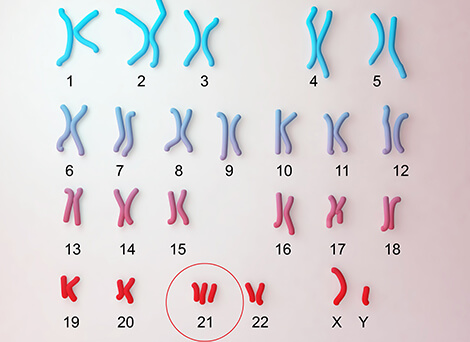Lilac Insights



In humans, each cell normally contains 23 pairs of chromosomes, for a total of 46. Each set of 23 is inherited from one parent. Twenty-two of these pairs, are called autosomes, and they are the same in both males and females. The 23rd pair, which are the sex chromosomes, differ between males and females. Females have two copies of the X chromosome, while males have one X and one Y chromosome.
Karyotype is the study to identify these chromosomes and look for any gross chromosomal changes such as balanced rearrangements, extra copies/reduced copies of chromosomes. Balanced rearrangements can be present in healthy individuals with no sign of any abnormalities. However, when it comes to their off spring, these balanced rearrangements can become unbalanced leading to multiple abnormalities or genetic disorders. Extra/less copies of chromosomes can lead to multiple structural abnormalities in those carrying them.
Blood karyotyping helps identify and diagnose these individuals. Identifying balanced chromosomal rearrangements in parents can help determine the risk of miscarriages in each pregnancy.
Blood karyotype in children with intellectual disability and dysmorphic features, help determine the cause of abnormality in the individual and help in the prognostication and management of the condition. Identifying this will also help determine the origin of the genetic variation and the recurrence risk in subsequent siblings of the individual.
It can help identify the cause in